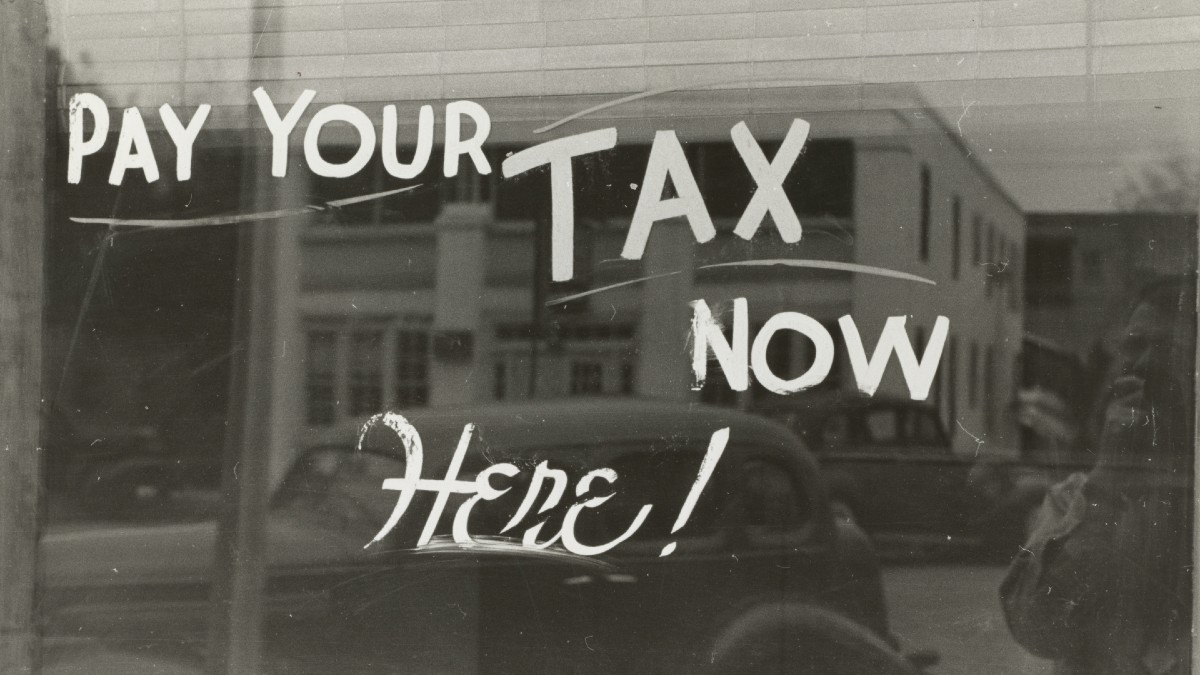
While property investors might have breathed a sigh of relief when Canberra backed away from reforming negative gearing in their recent Budget, the state governments are now eyeing property owners to bolster their coffers, with land tax becoming the tool of choice for generating revenue.
Victoria's lead and its consequences
Victoria was the pioneer in this aggressive fiscal strategy, unveiling a surprising $5 billion in property taxes in the 2022 budget.
The most striking of these was the drastic reduction in the land tax threshold from $300,000 to $50,000.
Since then, Victoria has seen an exodus of property investors and now languishes as one of the weakest property markets in Australia, with Melbourne prices underperforming the other states.
Now, I don't think land tax is the only reason why the Melbourne market is underperforming.
A lot has to do with the state's languishing economy and poor consumer sentiment, but the changes were another blow to property investors who are frustrated by the state government's continual interference with their small business endeavours.
One of the unintended consequences is that Melbourne's vacancy rates are hovering near 1%, causing rents to skyrocket.
With many investors looking for options in other states, currently, only 30% of property buyers in Victoria are investors, compared to about 40% in other states and with fewer rental properties on the market, this means even more burden for tenants.
Of course, for investors with a long-term focus, this is a great window of opportunity to get into a market that is sitting at its own stage in the property cycle where Brisbane or Perth were two or three years ago.
In other words, those who get in now will get a "free kick" as the Melbourne housing market picks up and reverts to its long-term mean performance.
The shock from New South Wales
Recently, the Minns government in New South Wales implemented significant changes to land tax regulations, sparking concern among investors.
In a twist different from Victoria's approach, NSW has opted not to lower the land tax threshold, but to freeze the indexation of these thresholds.
By halting adjustments for inflation, the NSW government plans to raise an additional $1.5 billion.
This freeze is coupled with an increase in the foreign owner's land tax surcharge from 4% to 5%, further burdening investors.
Another hidden NSW tax
Digging into its recent budget reveals another under-handed NSW Government plan to charge property owners more to offset increasingly "unaffordable" insurance costs.
Buried in the Budget's explanatory notes is the reference to the NSW Revenue Legislation Amendment Bill 2024, which outlines the NSW Government's plan to redirect the cost of the Emergency Service Levy (ESL) away from insurance companies to instead be incurred by property owners.
The resourcing requirements for the state's emergency services are largely funded by the ESL.
The growing impacts of climate change and more natural disasters mean these requirements are increasing, making insurance more unaffordable, according to the Bill.
"The Government will remove the ESL on insurers and instead spread a replacement levy across a broad base of property owners," the Budget Paper reads.
Increasing surcharges for foreign purchasers, increasing the surcharge land tax and freezing the land tax threshold are among the measures proposed.
REINSW says transferring the increased insurance costs of emergency services to property owners is shocking but unsurprising, given the Government's track record.
"This Government's solution to the state's economic woes is clearly and unashamedly singular: property owners must be able to afford it, so they can pay for it," says REINSW CEO Tim McKibbin.
"If the Bill passes, property owners and property buyers will be charged more so the Government can reduce insurance costs. The government's expectation is that insurance companies, in good faith, will adjust their premiums accordingly.
"More tax on property owners means reduced investment in property. In a housing In a housing crisis, this is among the most reckless courses of action," he says.
The broader implications of land tax changes
As state governments scramble to address the dual demands of social housing and infrastructure, they face ballooning deficits, with Australian state debt projected to triple pre-Covid levels by 2028.
This financial strain is exacerbated by the states' inflationary policies, and the moves by NSW and Victoria will likely set off a domino effect, influencing other states' taxation policies.
While some commentators are suggesting that investors must remain vigilant and adapt their strategies to navigate the increasingly intricate tapestry of state taxation, I disagree.
But first, let me say that I recognise that land tax is really a wealth tax, but the argument that it is too expensive is nothing new. I've heard investors complain about this for decades.
In fact, I remember in the early 2000's a lady came up to me after a seminar I conducted in Sydney saying she was planning to sell her investment properties because her land tax bill was too high.
I asked her how much her land tax bill was, and at the time, it was around $10,000 a year (remember, this was over 20 years ago.)
And then I asked her how much your property had increased in value over the years and she told me they had increased very by hundreds of thousands of dollars.
Putting it into perspective, she realised that she shouldn't sell her properties.
Now, I never saw her again, and I don't know if she sold her properties, but if she held on to them over the last 20 years, they have probably doubled in value and doubled in value again.
So my advice to investors concerned about land tax is that they should just see it as a cost of doing business and not try and guess which state offers the lowest tax, rather they should only buy investment-grade properties and, over the long term, diversify their portfolio across the number of states.
Photo by The New York Public Library on Unsplash